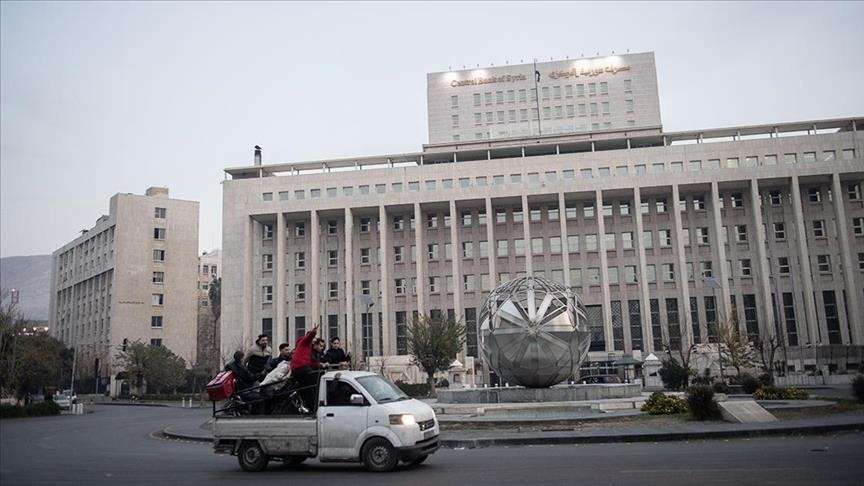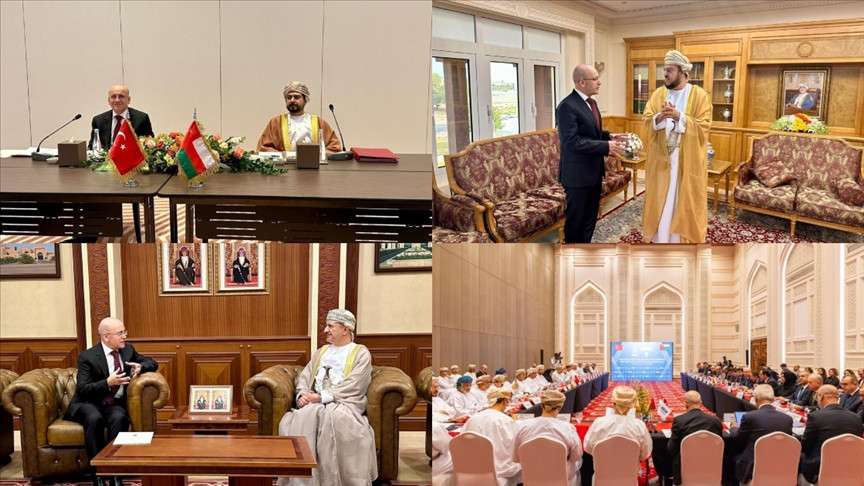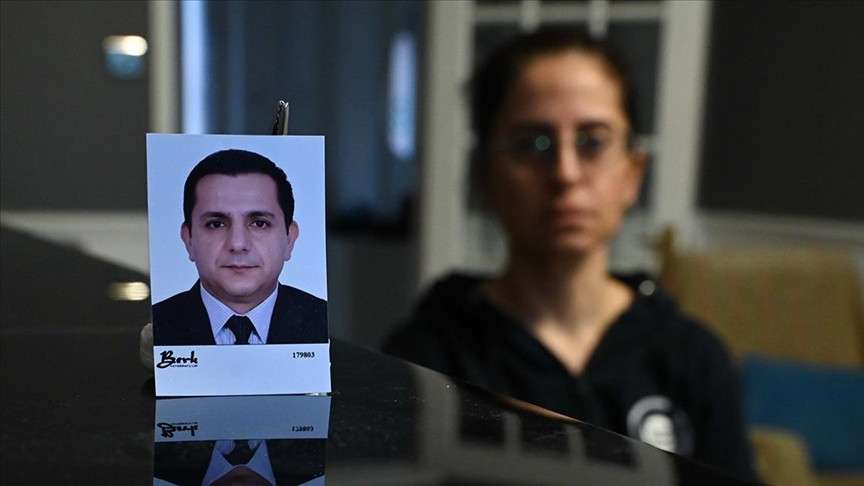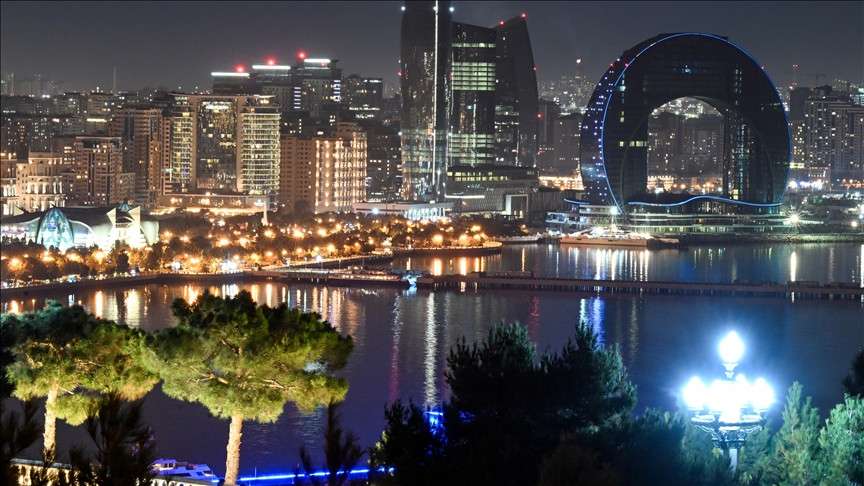Syria's 61-year Baath regime collapses
Syria's 61-year Baath regime collapses
Arab Socialist Baath Party, which came to power in Syria in 1963 in coup, comes to dramatic collapse after capital Damascus fell out of regime control on Sunday
Sixty-one years of Baath Party rule in Syria collapsed on Sunday when the capital Damascus fell out of the hands of regime control.
The Arab Socialist Baath Party had come to power in Syria in 1963, in a coup.
In 1970, Hafez al-Assad – the father of Bashar al-Assad, Syria’s newly deposed ruler – seized power in an internal party coup and became president in 1971.
After the death of his father in 2000, Bashar al-Assad took over the Baath regime.
The rule of Assad and the Baath regime ended when anti-regime groups entered the capital Damascus, capping off a series of rapid and dramatic developments since late last month.
As popular movements demanding freedom broke out in Syria in 2011, the regime violently cracked down on activists for change.
The regime’s interventions, in which thousands of people were killed, turned the process into a civil war.
While armed opposition groups engaged in a long struggle, the regime refused to resolve the conflict through diplomacy and peaceful means, despite international pressure, including by regional actors.
Following clashes that intensified on Nov. 27, the regime lost control of many regions in the country, starting with Aleppo, Idlib, and Hama.
Finally, with the people taking to the streets in the capital Damascus, regime forces started to withdraw from public institutions and streets, while anti-regime groups increased their hold over the city center.
With Assad’s forces conceding the capital, 61 years of the bloody Baath regime and 53 years of Assad family rule came to an end.
Statement by prime minister of collapsed regime
In a video message on social media, Mohammad Ghazi al-Jalali, prime minister of the Bashar al-Assad government, said they are ready to work with a new government elected by the people in Syria and are ready to provide all kinds of support.
Urging that public property be spared any damage, Jalali said: “We are extending our hand to the opposition, who said they would not touch anyone and extended their hand to us.”
“Syria belongs to all Syrians. This country can be a normal country, this country can have good relations with its neighbors and the world,” he added.
"This choice is up to the government that the Syrian people will choose. We are ready to cooperate with the new elected government. We are ready to provide them with all kinds of support and easily transfer state files to them.”
Statement by leader of Hayat Tahrir al-Sham
Abu Mohammed al-Jolani, leader of the anti-regime armed group Hayat Tahrir al-Sham (HTS), warned against approaching public institutions in Damascus, saying on social media: “These institutions will remain under the supervision of the former prime minister until they are officially handed over.”
“It is strictly forbidden to approach public institutions," he said, adding: "Firing into the air is also prohibited.”
Developments in Syria
Clashes broke out between Assad regime forces and anti-regime armed groups on Nov. 27 in rural areas west of Aleppo, a major city in northern Syria.
On Nov. 30, anti-regime groups took control of most of the center of Aleppo from regime forces, and on the same day, they gained control over the entire Idlib province. Last Thursday, after fierce clashes, the groups took the city center of Hama from regime forces.
Anti-regime groups captured some settlements in the strategically important province of Homs, a gateway to the capital Damascus, and started to advance there.
On Friday, armed opposition groups launched an operation in the Daraa province on Syria's border with Jordan and recaptured the city center from the regime forces after clashes.
On Saturday, the entire province of Suwayda in southern Syria also came under the control of opposition groups. On the same day, local opposition groups in Quneitra also took control of the provincial center.
In the province of Homs, which leads to the capital, anti-regime forces took control of the provincial center on Saturday.
Groups advancing against Assad regime forces entered the southern suburbs of Damascus later on Saturday. Regime forces also withdrew from the Defense and Interior ministries and the international airport in Damascus.
As anti-regime armed groups started to dominate the capital, the Assad regime on Sunday morning quickly lost all control of Damascus.
In Operation Dawn of Freedom launched by the opposition Syrian National Army against the terrorist organization PKK/YPG in rural areas of Aleppo on Dec.1, the Tel Rifaat district center was liberated from terrorism.
Yorumunuz başarıyla alındı, inceleme ardından en kısa sürede yayına alınacaktır.


















